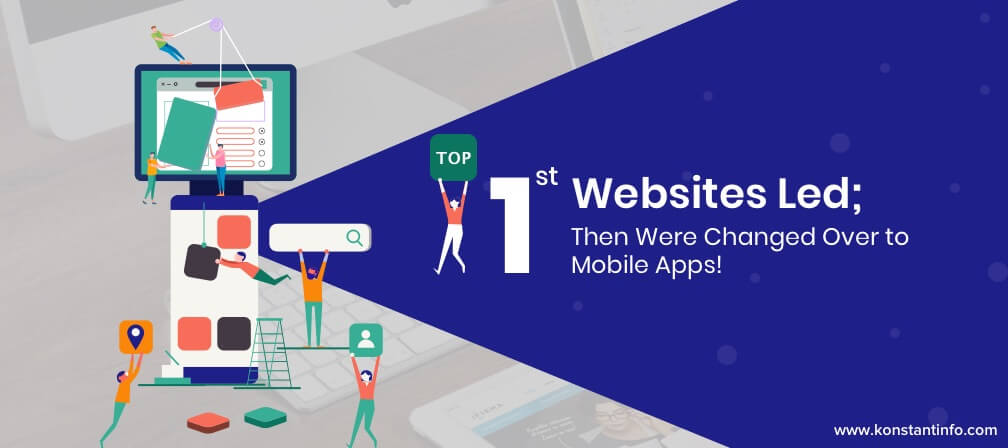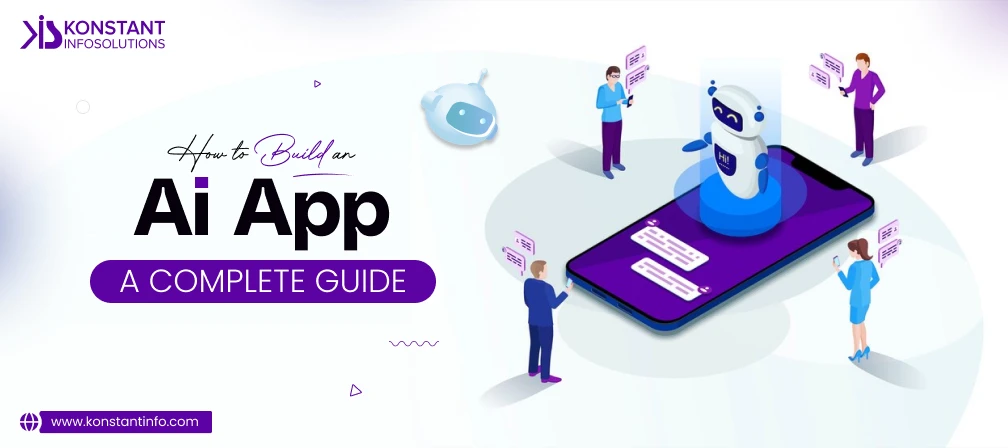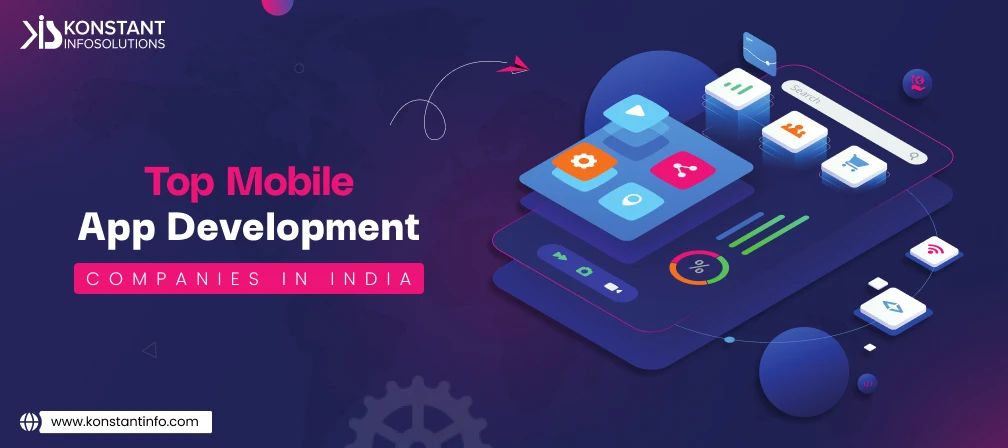
Back in 1990’s people did not understand the importance of having a website but it is quintessential in current times to run a business. Simultaneous to this, mobile apps have gained equal importance in parallel.
Responsive web design is an approach where your website is coded and programmed in a way such that it is able to resize itself according to the screen size of the device on which it is being browsed. There is no doubt that a responsive website looks better and performs better. Then what is the need to have a separate mobile app if your website is already responsive? On the other hand, a separate mobile application has to be downloaded from Google Play Store or Apple App Store and then have to be installed on the device. Most of the times it might require valid login credential and certain other access permissions to operate! The answer to this is that a mobile application is designed to run on a particular device, is “native” and performs and operates in a much quicker way than a normal responsive website. It can also be opened and run without an internet connection, apart from doing online transactions.
Everyone used to tempt for a website for their business but these days everyone lures for a mobile app. Having a mobile app for your business can be an easy way to market it.
A mobile application is a piece of software that is designed to work with particular operating systems like iOS, Android, Blackberry, SymbianOS etc. It has to be downloaded from Google Play Store or Apple App Store and has to be installed before using. These often access features of the device on which they are installed. Mobile apps can be looked upon from perspective of Business, User, and Platform. Let’s discuss:
From point of view of business, it is required to be analyzed as to why the app is required? Dropbox, Google Docs, Airbnb the Guardian are some of the examples of businesses that started as a business and later started their business into mobile applications. The e-commerce industry is one of the prominent examples of the businesses that have benefitted from the use of mobile applications. Giving the users the flexibility to shop at their convenience, e-commerce websites have zeroed upon mobile applications to execute their businesses.
Earlier this year, Amazon launched lite Android web browser app for emerging markets in India. It promises to be lighter than the competition and is marketed by the name of “Internet: fast, lite and private” on Google Play. This browser is currently supported by devices that have Android 5.0 or higher and is a small download of less than 2MB in size.
The reason users made this decision of switching their preference towards mobile applications is not the devices but the users themselves. Companies interact with their customers via websites, email, SMS, mobile app, kiosk, customer service and it is the experience that users value instead of the channel via which they are communicating.
In an urge to create a cross-channel user experience, companies first create websites and then create a mobile app that can be run on various mobile devices. This becomes the responsibility of the company to decide in which form they wish to implement this kind of user experience across platforms.
Mobile applications might have facilities that a website doesn’t. But it really does not matter if the mobile application is not a direct translation of the website. What is even more important is creating a seamless user experience.
Platform-specific knowledge combined with development experience is required in order to turn an existing website into an iPhone or an Android App.
A systematic approach must be followed in which a mobile application must do a few things well and then gradually more features must be added. Developing a functional prototype, a minimum viable product (MVP), that includes a minimum number of features and then adding more features into it will help save time, money and efforts.
All the understanding of the product is gained within this project planning stage. After understanding the requirements, technologies, target audience, the core concept of the application is locked and engineering team is made to work.
A mobile application has to have a native element within it. It has to be simple, distinct with a context, brand value, platform specific, in order to make a good first impression.
Some of the most common expectations that users have from mobile applications are the consistency across all screen sizes, a simplified navigation, a sense of immediate gratification to keep user’s engaged.
Converting a website directly into a mobile application can be cumbersome as not every feature can be included in the mobile application. Filters can be simplified to be applied to mobile app else the user might get confused as to what to apply and what to avoid. The three things that are most significant are the brand, style, and price of the mobile application.
The Third thing that is of utmost importance is the platform in which the mobile application is to be developed. The objective behind creating a mobile app out of the website must be to develop a mobile app with the best user experience as there are very few things in common between web and mobile.
How much information do you wish to dissipate by making use of the mobile app? The reasons why mobile apps will be more useful than website are because of the device’s services and hardware components. They can access address books, pictures, camera and microphones, accelerometers, gyroscope, and GPS etc., to define the location, positioning, motion, and orientation. These are designed for frequent use but it is not always possible to access the app’s content in offline mode.
In a two-layered architecture, a mobile application will directly connect with the database. In a three-layered architecture, the mobile app interacts with the server (second layer) which in turn connects with the database (third layer) and the app (first layer).
In case you own a server, we can help you pull the data from your website into an app but the server has to be optimized for mobile. A need to create the backend from scratch might also arise in case it is outdated.
There are multiple possibilities of user engagements with mobile apps that websites do not offer like push notifications, gaming features, and location-based actions – all of these are developed natively.
Also read: How Much Does It Cost to Create an App?
Google, YouTube, MSN, Facebook, Bing are some of the top websites in the US. But then why is the list of top mobile apps different from these? Indian App Developers are here if you’re looking for an economical option and are on a budget and your website is not a door to sales and social network, the mobile web design can be considered as an option to think about. But in case your company is into selling products and services over internet, or you are owner of a social media, e-commerce, or news website then you need to hire a developer who can create a native app for Android and iOS for you which would be a more profitable option as users spend much more time in browsing mobile applications than searching on websites.



Neeti Kotia is a technology journalist who seeks to analyze the advancements and developments in technology that affect our everyday lives. Her articles primarily focus upon the business, social, cultural, and entertainment side of the technology sector.
Or send us an email at: [email protected]